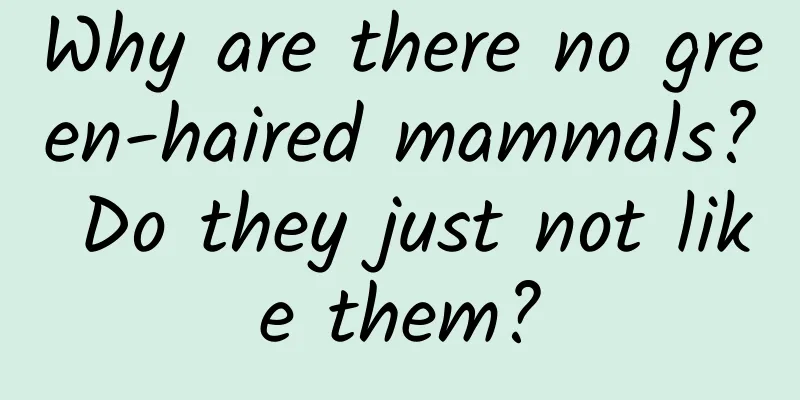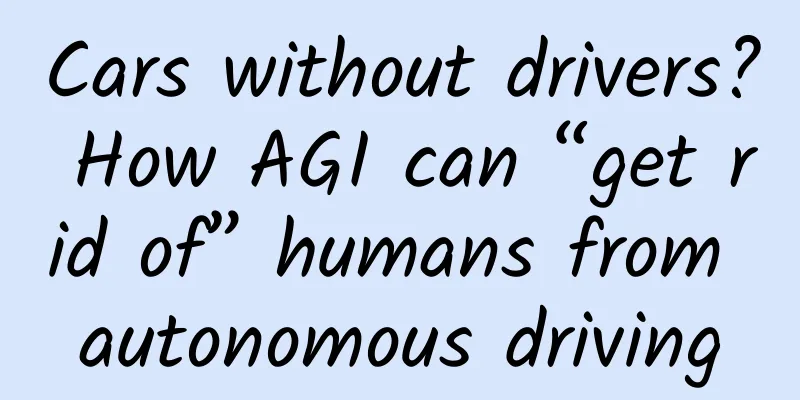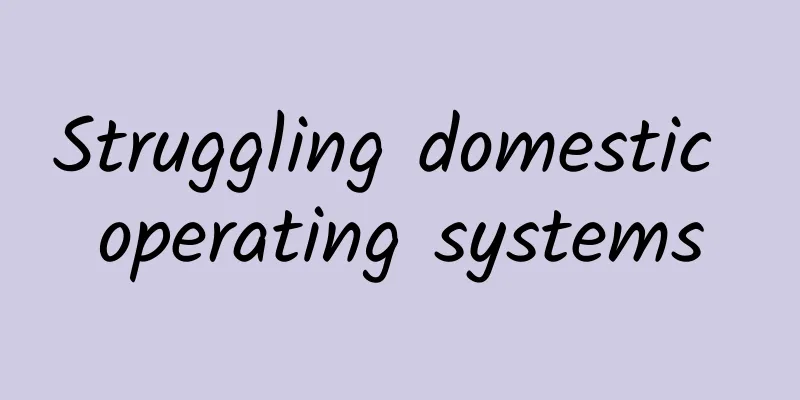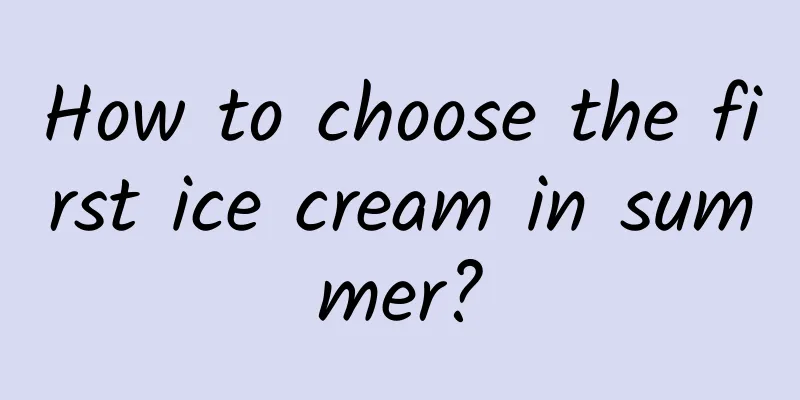Shenzhou's naked attack on Uber: poor marketing without regard for appearances
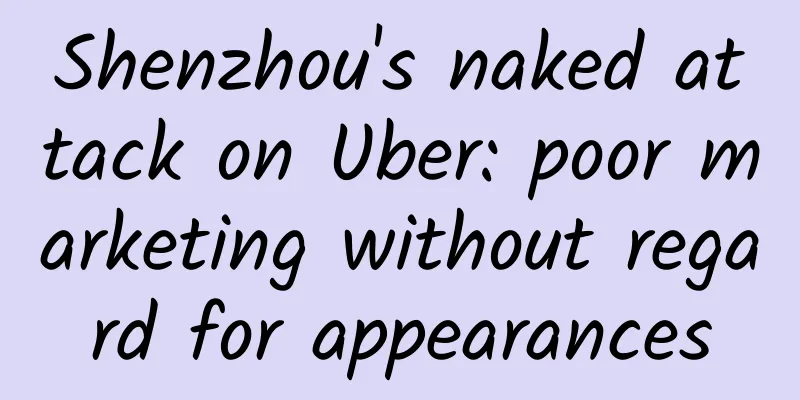
|
Sometimes the difference between good marketing and bad hype is just a matter of degree. Once the line is crossed, positive marketing will become its own negative, not only failing to promote its own products and image, but may even kill eight hundred enemies but lose two thousand of its own, prompting the market and users to turn to competitors. The latest advertising campaign of Shenzhou Special Car, Beat U, perfectly illustrates this point. This advertisement continues the marketing tradition of the domestic Internet industry of "competing by any means, not hesitating to publicly tear each other apart, and even maliciously attacking and slandering opponents", once again exposing the ugly side of the jungle law and success-only theory of this industry to the public. The advertising planner not only lost his advertising goal, but also lost his bottom line. Why do you say that? How do you strike the right balance between positive marketing and malicious slander? The balance is that you can highlight your business advantages based on your competitors’ disadvantages, but you cannot use naked attacks to slander your competitors. You can let celebrities and public figures cheer for you, but you cannot let them be shameless thugs. In short, compared with Uber, a private car-sharing service, Shenzhou Private Car does have its own advantages due to its different model, professional fleet and drivers. This is also what the advertising planners want to highlight - safety, reliability and standardization. Perhaps it is precisely because of the recent negative incidents involving Uber drivers that Shenzhou Private Car's public relations and advertising department decided to seize the opportunity and launch this promotion campaign. This could have been a successful PR campaign. The amount of investment that Shenzhou Private Car had in the company can be seen from the celebrities that they had invited. Wu Xiubo, Hai Qing, Sun Yingjie, Luo Changping, Su Qin and others were all celebrities with good public images. Their strong support could have brought Shenzhou Private Car a successful fan effect and social marketing results. But the result was unexpected for Uber. Because they chose the most unpleasant way: not to promote their own advantages, but to attack their opponents maliciously. The advertising copy used various open, obscure, slanderous and suggestive words to imply that users who use Uber services will encounter "drivers are weird and may be in danger", "family members may be harmed, privacy is bought and sold", "drug driving, drunk driving, criminal driving" and other words that generalize and cover up the whole. With such copywriting, the advertising effect can be imagined. After the advertisement came out, there was a lot of booing and even constant scolding. Judging from Weibo alone, a large number of netizens have accused Shenzhou Private Car of maliciously attacking its competitors and stated that they would no longer use Shenzhou Private Car services. Perhaps Shenzhou Private Car successfully pointed out the shortcomings of its competitors' private car services, but this kind of advertising copywriting that disregards its image, disregards its appearance, and maliciously attacks and slanders its competitors has also caused serious damage to Shenzhou Private Car's own public image. As for many celebrities who originally presented a good, healthy and fair image, it is natural for them to use their own image to advertise, but they are so nakedly attacking their opponents for advertisers, which is really too shameless. Once this image is damaged, it may directly affect their future advertising value, which is really not worth the loss and regrettable. Luo Changping, a well-known financial media figure, quickly realized this problem, so he immediately withdrew his advertising images and issued a statement saying that the advertising copy did not match his position. In other words, the United States also has advertisements that directly point to the weaknesses of its competitors. Early Apple advertisements mocked Microsoft PC users for being old-fashioned, and Samsung's previous advertisements emphasized the advantages of its large-screen mobile phones over the small-screen iPhones. Lenovo's ultra-thin PCs highlighted the fact that Apple's Macbook Air sacrificed performance and interface convenience. These advertisements all highlight the advantages of their own products over their competitors, but they do not use vicious language or implied accusations to disgust the audience. This is the difference between good advertising and malicious attacks, and it is also a minefield. If you cross this minefield, the positive advertising that originally emphasized its own advantages will become a negative example that brings negativity to itself. Previously, in the e-commerce field, JD.com and Suning had focused their firepower on attacking Alibaba Taobao's logistics and counterfeit problems, but because of the proper control of the copywriting, it had the opposite effect, but it did not cause as much public outrage as this time with Shenzhou Special Car. But why are these malicious attack ads so common in China? Why are some despicable malicious marketing methods always imitated by more and more companies, and even enjoy doing so? Why are there so many bombardments, pen tearing, and verbal battles? Due to the lack of overall industry competition norms, the prevalence of the social Darwinist concept of success-oriented theory under the law of the jungle has made more companies willing to try such unscrupulous means. As long as they defeat their competitors, they can succeed. Ordinary consumers may only look at specific products and services, and do not care too much about whether the means behind the competition are glorious. Tencent, which has unscrupulously copied its competitors and thus dominated the market, is the best example. This time, the advertising planner and copywriter of Shenzhou Special Car should really reflect on themselves. They have no manners, no respect for opponents, and no compliance with the rules, which is bound to bring trouble upon themselves. As a winner of Toutiao's Qingyun Plan and Baijiahao's Bai+ Plan, the 2019 Baidu Digital Author of the Year, the Baijiahao's Most Popular Author in the Technology Field, the 2019 Sogou Technology and Culture Author, and the 2021 Baijiahao Quarterly Influential Creator, he has won many awards, including the 2013 Sohu Best Industry Media Person, the 2015 China New Media Entrepreneurship Competition Beijing Third Place, the 2015 Guangmang Experience Award, the 2015 China New Media Entrepreneurship Competition Finals Third Place, and the 2018 Baidu Dynamic Annual Powerful Celebrity. |
<<: Apple Music disrupts the global music industry and marginalizes record companies
>>: Shenzhou Special Car "bites" Uber: guessed the beginning but not the end
Recommend
[Fat Bear Science] Take you to count the carcinogens hidden around you in life
Fat Bear: Grandma, haven't you finished the n...
B-side product operations: a guide to avoiding pitfalls in demand management
The methods of demand collection, analysis, and i...
Shenzhen Junior and Intermediate Accounting Examinations Cancelled Due to the Epidemic: Will be Postponed to 2021 to Take the Examination or Apply for a Refund
Shenzhen Junior and Intermediate Accounting Exami...
Tesla crashed into guardrail after failing to brake, after-sales test reproduced the accident, official test showed the brakes were qualified
Over the past year, news about Tesla's "...
To control fatty liver, should we eat less staple food or less meat?
A friend told me that he was only in his early fo...
Understanding Russian History in One Breath (3)
Mixed Knowledge Specially designed to cure confus...
The standard for franchise service in the automotive aftermarket is released. The chain ratio of the automotive aftermarket in China is much lower than that in the United States and Japan.
Recently, at the "2018 China Franchise Confe...
How do APP brushes increase the number of users?
[Introduction] I have read too many articles rece...
The hint method of user operation: How to hook your users at the beginning of product development?
There are two aspects to this: satisfying intrins...
It's the babaogan, not the babaogan! This "kindest" spring fruit really makes people happier
In this early spring month of March, a kind of fr...
When you are confused about operations, you can use it to find a breakthrough!
A friend who does e-commerce asked on WeChat: &qu...
Seeing ancient costumes, you call them Hanfu? You are being treated as uneducated again!
Source: Hunzhi...
Analysis of Zhihu platform advertising from June to August
In 2020, talent shows were popular, such as "...
How are customs duties calculated for overseas shopping?
In recent years, with the development of domestic...
Are you afraid of arsenic? How should we view the heavy metal arsenic we come into contact with in our daily life?
Most people's impression of arsenic is probab...

